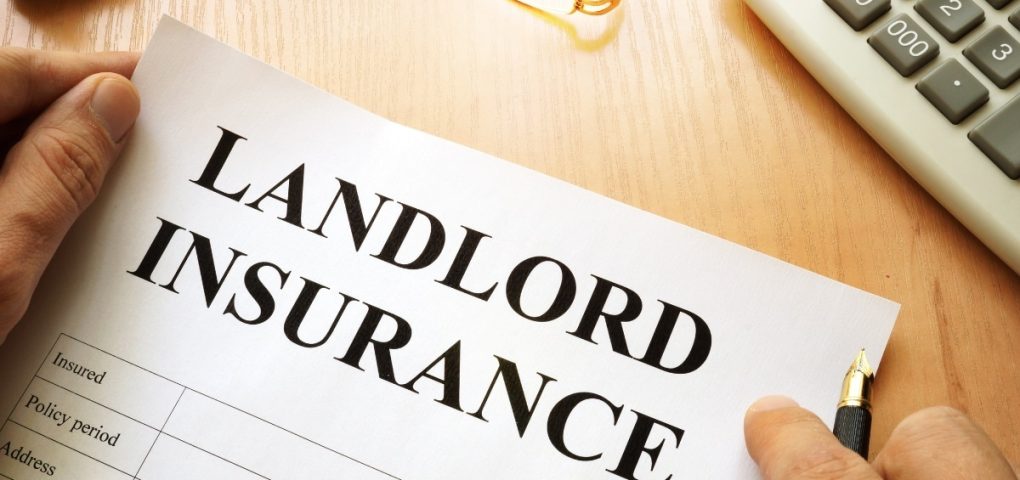Are you thinking of renting out a property that you’re not actively using? Or are you purchasing a property in the hopes of renting it out?
If so, becoming a landlord is an excellent way to get an income from your investment.
That said, being one can easily turn into a disaster without careful consideration and planning. In this article, you’ll learn some helpful tips to help you prepare for being a successful landlord.
Tips To Becoming A Successful Landlord

1. Learn About Local Rental Laws
Renting out properties is technically a type of business. A large body of regulations and rules apply to the process of becoming a landlord.
In general, rental laws vary from one state to another. So, you should research your local laws and learn as much as possible to avoid getting in trouble with the authorities.
You can look online or ask your consult your local regulatory board. However, it’s best if you can consult a legal professional to help on the subject.
2. Decide If You Want To Hire A Property Manager
As a landlord, you’ll have a lot on your plate, from preparing your property to choosing your tenants to ensure proper maintenance.
If you have the time, working on your rental property on your own can help increase profitability and reduce overhead.
However, if you’re managing several properties while having other commitments, it’s best to look into hiring a property manager.
While a professional manager will charge a fee, they have better expertise and strategies that allow you to maximize the value of your rental properties.
3. Invest In A Landlord Software
If you choose to do most of the work in managing your rental property, investing in the best landlord software can help streamline the process.
The right landlord software will have the necessary features to simplify common tasks in managing your rental properties.
These include tenant screening, financial and banking features, tracking leasing information, streamlining communication, and more.
Landlord software may not be required to become a landlord. However, it’s best to invest in this technology to make monitoring expenses, recording necessary information, and managing properties easier.
4. Research The Right Price
Setting the rental price is one of the most difficult decisions you’ll make as a landlord. But doing so is important to attracting the right tenants.
Check nearby rentals to see how much they’re charging. Also, when deciding on rates, don’t forget to factor in your amenities, such as utilities and parking spaces.
If you have the budget, consult with an accountant to help you decide the most competitive price you can charge based on your property.
5. Understand Your Maintenance Needs And Set Up A Team
As a landlord, you’ll be legally liable for keeping up your property’s maintenance.
Between gas, electrical, water, HVAC, landscaping, and other utilities and systems, rental property is a bundle of potential maintenance issues waiting to compete for your attention. That’s why it’s important to have reliable HVAC services in McClellan, CA, such as those provided by Villara Building Systems, that you can count on to keep your property’s heating and cooling systems in good working order.
Unless you’re a DIYer or a jack-of-all-trades individual, you’ll probably need someone to help with the maintenance. It’s a good thing that partnering with the appropriate professionals can keep everything on your property working efficiently.
This keeps your tenants satisfied while preventing issues from eating into your budget or causing costly damage.

6. Get The Right Insurance
Speaking of damages and liability, any well-prepared landlord will have the proper insurance before operating.
You’ll need two types of insurance. The first one is rental property insurance or building insurance.
Whether from accidents or weather conditions that cause serious damage, careless and unruly tenants, or regular wear and tear, your rental property is always at risk when renting it out.
Building insurance can help protect your investment and ensure that you’re covered against common damages.
In addition to building insurance, landlord insurance is a must-have. This type of insurance covers you for situations when a tenant suddenly leaves or vacates the property.
It also protects you against legal or medical liabilities when a tenant or visitor suffers injury due to property maintenance issues such as icy walkways.
Like building insurance, landlord insurance may also cover potential damages caused to your property.
7. Set Reasonable Rules
Being a landlord means you have control over property rules and requirements that potential tenants have to meet when renting your property.
Some of the rules you should consider are:
- Security deposit amounts
- Rent due dates and payment method
- Lease stipulations
- Policy on pets
When it comes to enforcing them, make sure to be reasonable. You should maintain a good relationship with tenants while keeping things under control.
Takeaways
Becoming a landlord can be an exciting and lucrative business but equally nerve-racking and overwhelming if you don’t know how and where to start.
Hopefully, by reading these tips, you will have an idea of how to become a landlord, especially a responsible and successful one.
While there are more useful tips for preparing yourself, these should be essential to your deliberation process.





